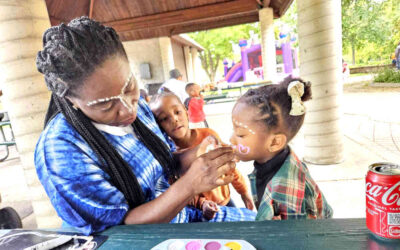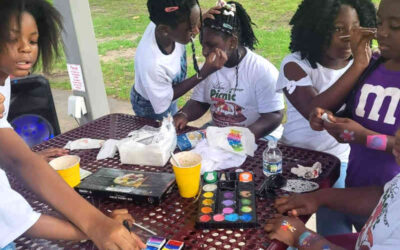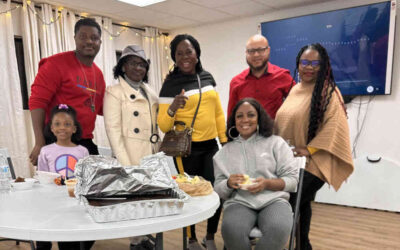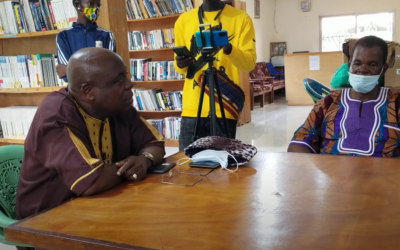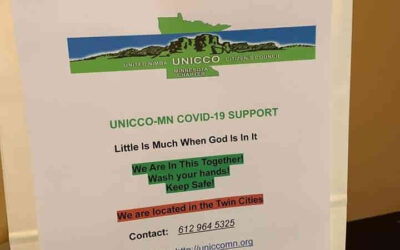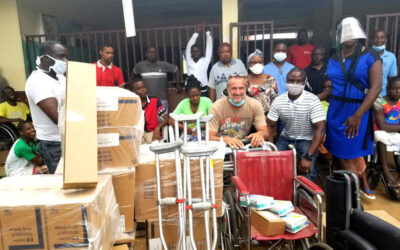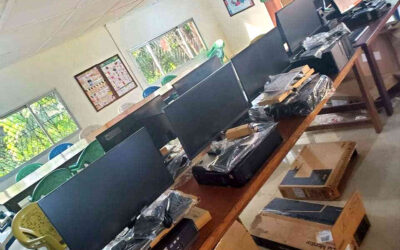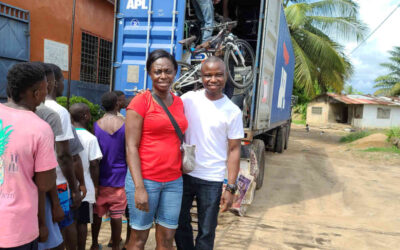UNICCO Minnesota Latest News
UNICCO Youth and Back to School Program
Click Each Image to Enlarge
UNICCO Youth and Kids Program 2022
Click on Each Image to Enlarge
Our Nimba Community Center Grand Opening
Click on Each Image to Enlarge
UNICCO MN Helps Education in Liberia
UNICCO Minnesota Covid-19 Relief for Seniors
Medical Donations to Liberia by UNICCO Minnesota
UNICCO MN Delivers Computer Equipment to Liberia
UNICCO Minnesota donates desktop computers and accessories to Nimba Country College in Sanniquille, Liberia.
Container of School and Medical Supplies to Liberia
Last summer of 2021, I had the opportunity to lead a school and medical mission to Liberia on behalf of UNICCO Minnesota. Little did I think of the impact it would have on my own life until it turned out be one of my most rewarding moments. It was a moment that...
What We Do
Provide a system through which Nimba citizens and associates can partidicapte in the development of Nimba County and Liberia, and provide a frameword to address issues relative to the welfare of Nimba citizens, particularly in Minnesota.
Our Approach
Promoting cultural and economic awareness among Nimba citizens and associates through unity, and to be adequately prepared to make meaningful contributions to the development of Nimba County and Liberia.
About
About UNICCO
Our primary focus is to help improve the living situations within our communities through programs such as social welfare, mentor-ship, after-school programs, scholarship programs, community engagement programs as well as raise funds to undertake developmental projects here in Minnesota and back in Liberia.
Venture & Growth
Since its inception, UNICCO-Minnesota has been a force for development and progress in Nimba, Liberia, and the various communities in which its members reside within the State of Minnesota.
Emboldened Leadership
The current leadership team is committed, determined, and dedicated to take the Nimba community in Minnesota to higher heights by expanding the membership base to include more Nimbaians living in the State and the Midwest as a whole, engaging directly in infrastructural development projects in the motherland, and building a community center in the Twin Cities.
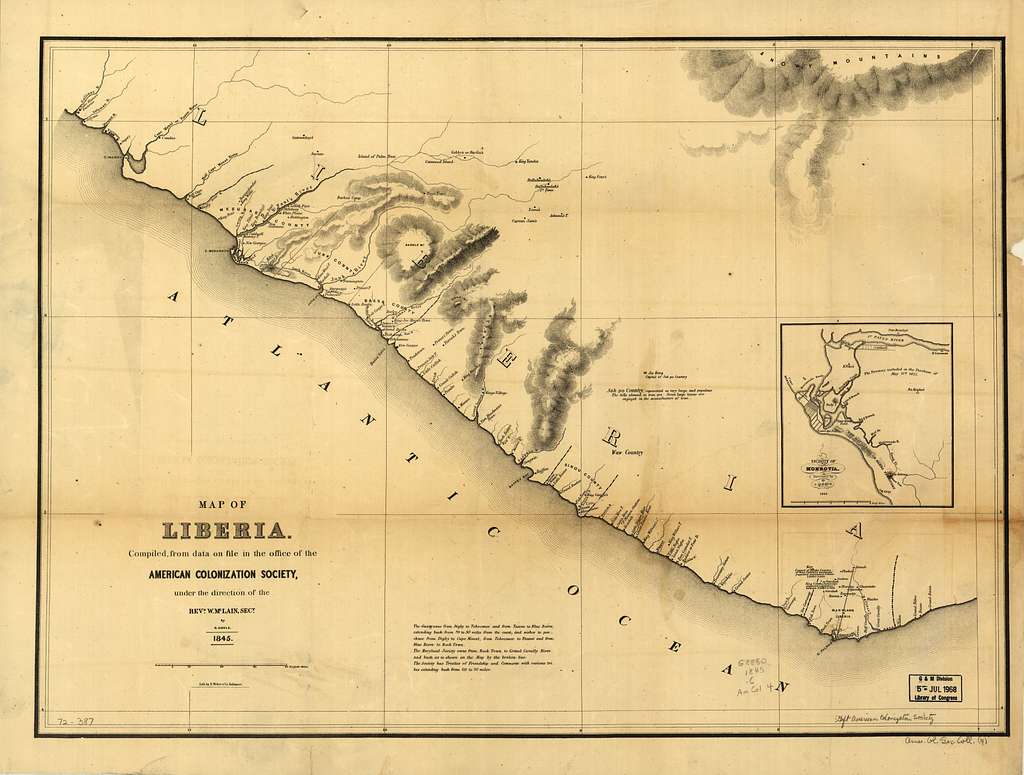
History of UNICCO
Liberia was established in 1822 by freed American slaves as a base for emancipated slaves who wanted to return to Africa.
Twenty-five years after landing on the Grain Coast, they declared independence on July 26, 1847, becoming Africa’s first independent republic. Because of the “special connection” between the United States and the Republic of Liberia, many Liberians came to the US to study and or advance their education.
Most of those students felt lonely and desired for a community that would enable them to share their experiences in this land as well as discuss the issues facing their homeland and possible solutions for those issues. They needed to know what was happening to other students in the country and learn possible solutions to their shared experiences of difficulty in a foreign country.

